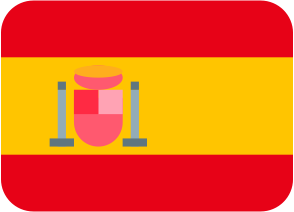Master Personal Finance Basics: Budgeting, Saving and Smart Investing
Practical money management techniques to control spending, grow an emergency fund and begin low-risk investments for steady wealth building

Set a Practical Budget That Sticks
Start by tracking every dollar for one month to see where your paycheck actually goes. Use categories that match your life: rent, utilities, groceries, subscriptions, transportation and fun, then set simple percentage targets you can keep without stressing out.
Make the budget automatic by scheduling bills and setting up auto transfers for savings and recurring expenses. When you treat savings like a fixed bill, it becomes a habit rather than a last-minute scramble before payday.
Build an Emergency Fund Without Stress
Aim for three to six months of essential expenses in a separate, easily accessible account, typically a high-yield savings account. If you live paycheck to paycheck, start with a small goal like $1,000 and build from there to avoid feeling overwhelmed.
Automate transfers each payday so the fund grows quietly in the background and won’t be spent on impulse. Keep the money liquid and check your balance monthly, not daily, to avoid emotional decisions when markets or budgets get noisy.
Save Smart: High-Yield Tools and Simple Habits
Switching to a high-yield savings account or a money market account can boost interest earnings without extra effort. Combine that with habits like rounding up purchases, cutting one subscription, and using grocery lists to free up cash for your goals.
Use sinking funds for predictable future expenses like car maintenance and taxes so those costs don’t derail your budget. Little wins add up faster than you think; reinvest saved interest or extra cash toward your next financial milestone.
Start Low-Risk Investing for Long-Term Gains
Once you have an emergency cushion, prioritize tax-advantaged accounts like a 401(k) or Roth IRA and contribute at least enough to get any employer match. For beginners, low-cost index funds and conservative bond ETFs are a reliable foundation that reduces single-stock risk.
Use dollar-cost averaging by investing a fixed amount each month to smooth market ups and downs. Keep costs low, rebalance annually, and stay patient; compounding over time is the true engine of steady wealth building.






























